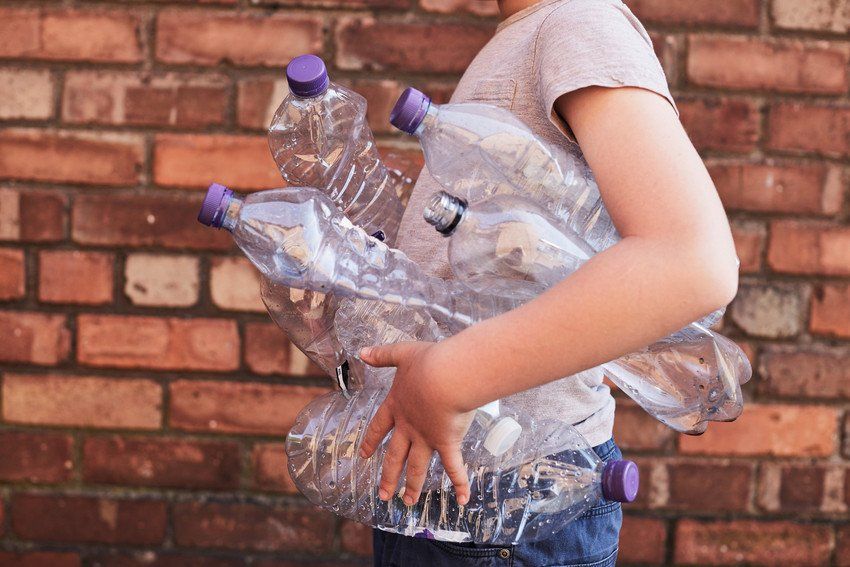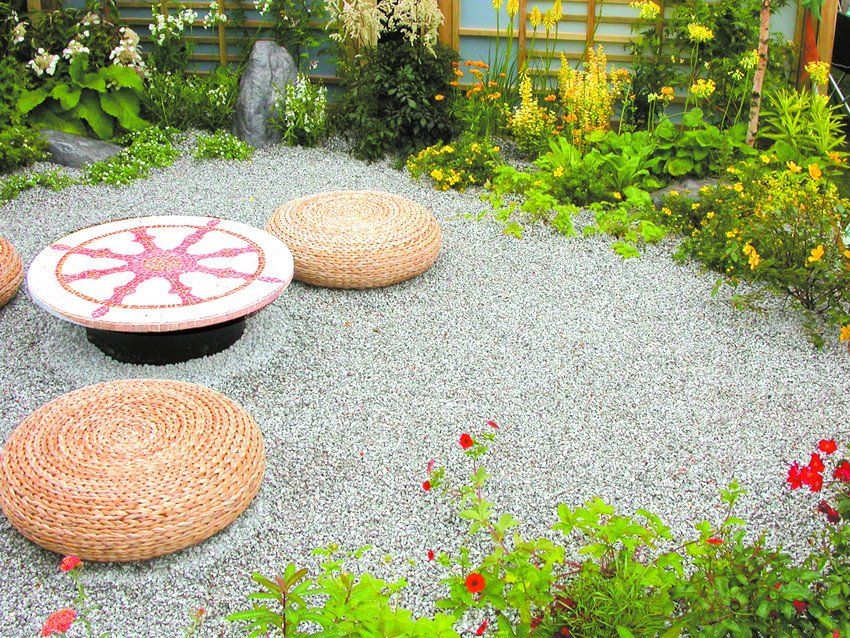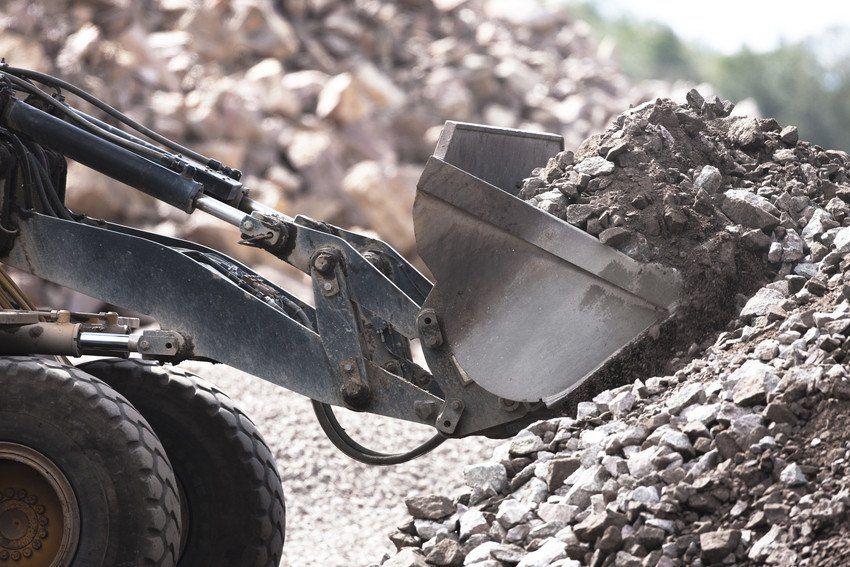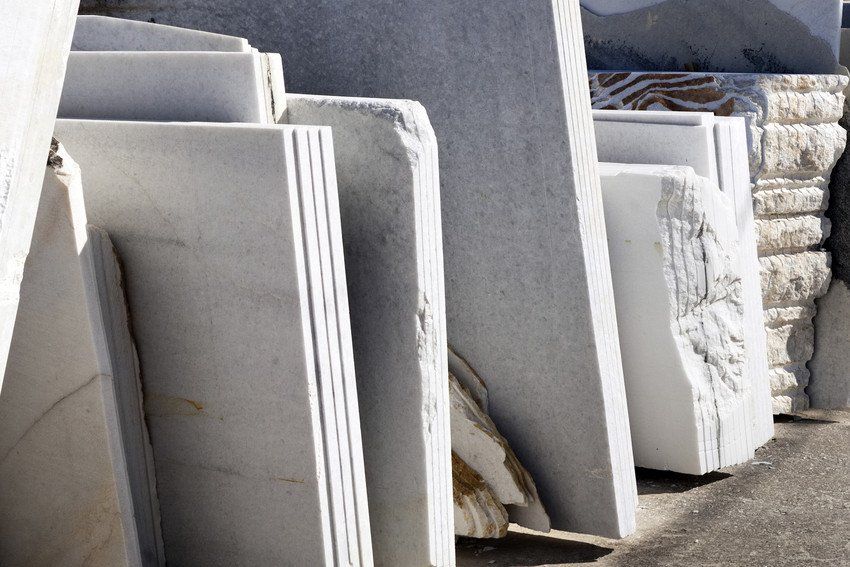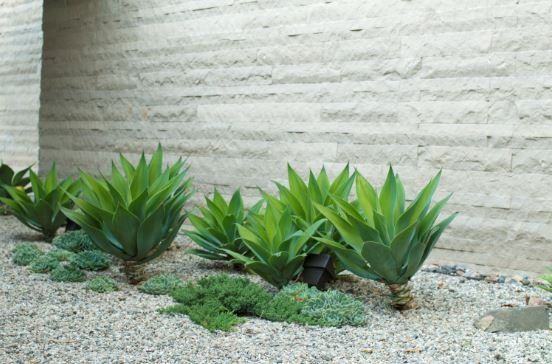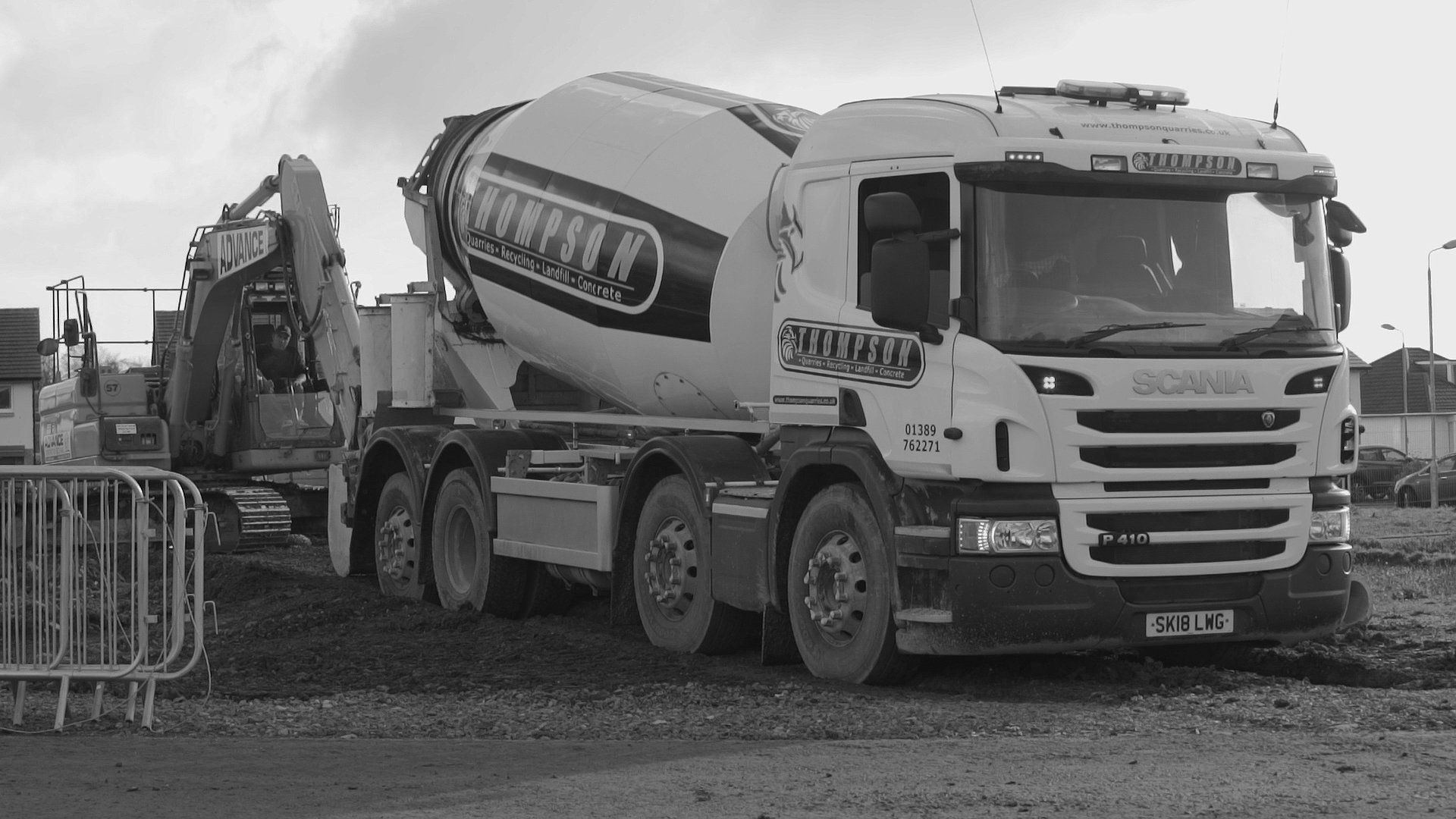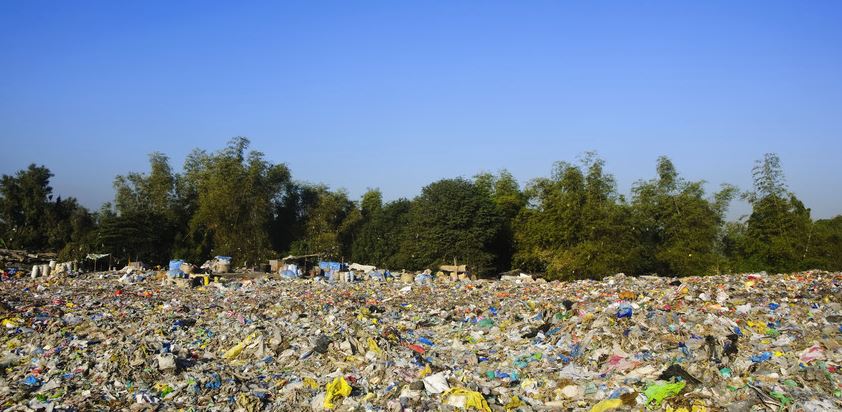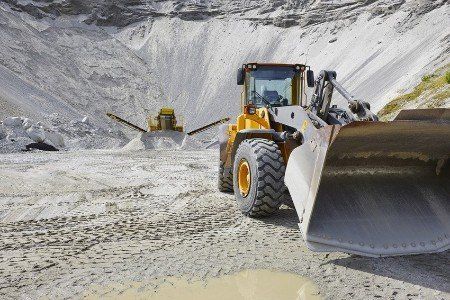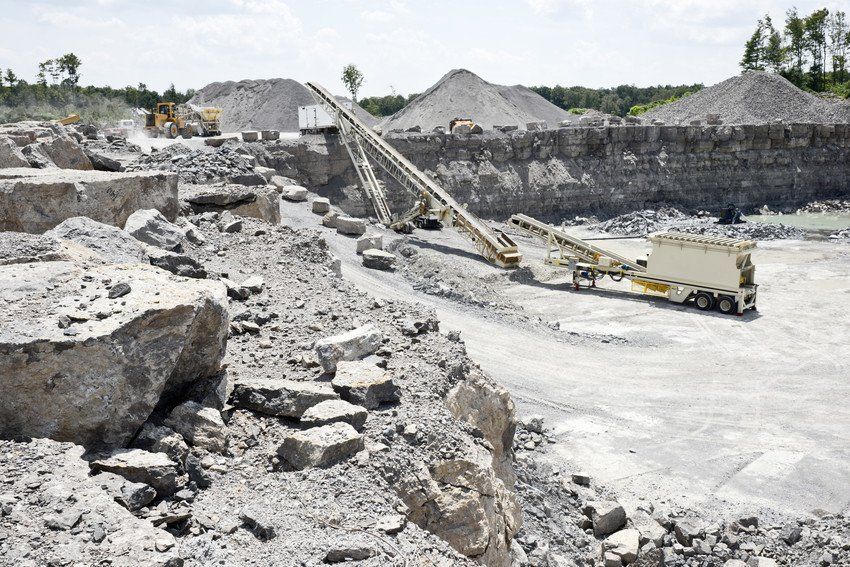Fly Tipping and the Law: What You Need to Know
- By William Thompson & Son
- •
- 20 May, 2020
- •
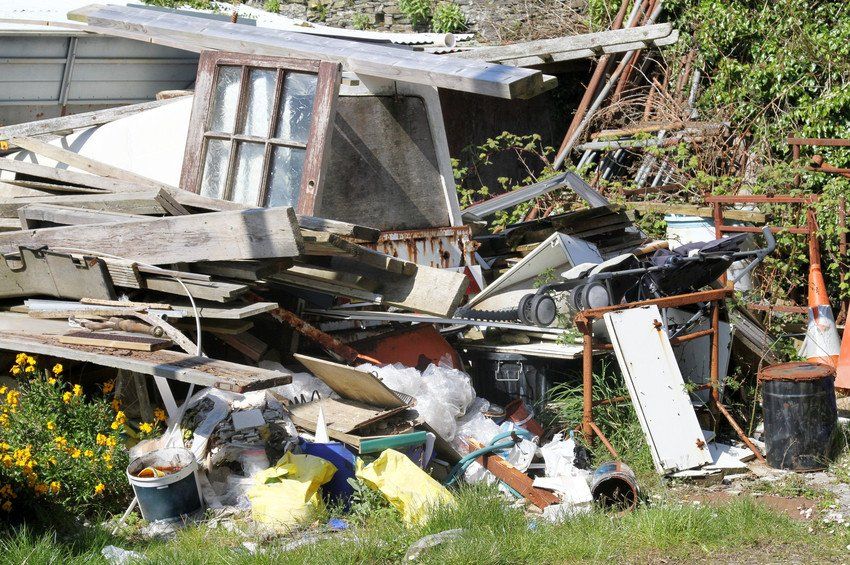
The current climate of living with Covid-19 means that many of us are valuing green and outdoor spaces more than ever, and they’ve taken on a special importance while our freedoms have been drastically reduced.
Unfortunately, the closure of many public dumps and recycling centres has led to a sharp spike in people fly tipping instead of disposing of their waste in a safe, environmentally friendly way. Fly tipping is a nuisance and it can have many negative impacts on an area, from health hazards to simply making it look unpleasant and run down. There are also important laws surrounding fly tipping, and it’s vital that members of the public are aware of the reasons why this practice is not acceptable. With this in mind, if you want to know more about fly tipping and the law surrounding it, read on.
Fly tipping is defined as the ‘illegal deposit of any waste onto land that does not have a licence to accept it’. This includes everything from leaving a bin bag full of waste in a park, to dumping unwanted furniture in the street or leaving truckloads of building or construction waste on private or public land. Fly tipping is a big issue for many local areas as it destroys the natural beauty of green spaces and can pose a health hazard to those living nearby.
Fly tipping isn’t just a nuisance, it’s a serious criminal offence for which you can be prosecuted. There are several legal powers in place to help tackle fly tipping, including issuing fines of up to £50,000, imprisonment and loss of rights to drive the vehicle used to fly tip.
You can report incidences of fly tipping by calling the Environmental Agency’s hotline on 0800 807 060, and they can also advise you on what to do next if someone has fly tipped on your private land.
Fly tipping is a crime, so if you’re looking for professional waste disposal services in Glasgow, Dumbarton or Lanarkshire, get in touch with the team at William Thompson & Son. With over 70 years’ experience, we have all the skills and experience you need to dispose of waste in an environmentally friendly way that’s in line with all regulations.
Our landfill site is fully licenced and we work closely with local agencies, including Historic Scotland and Environmental Health, to ensure there’s as little negative impact to the environment as possible. For more information about our landfill and waste disposal services, give us a call today or find out more on our website.
